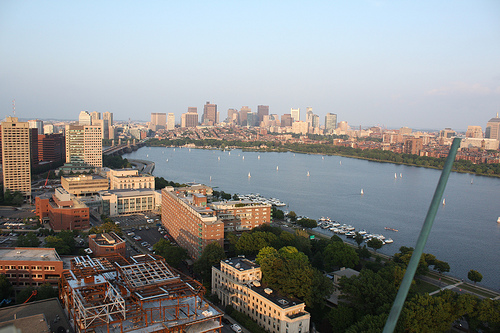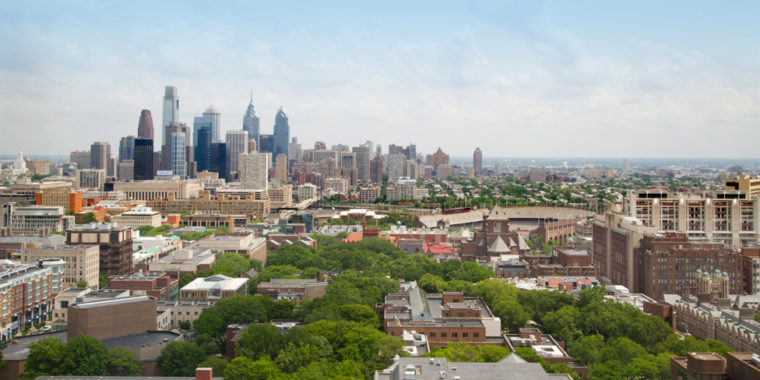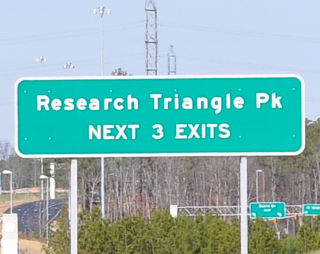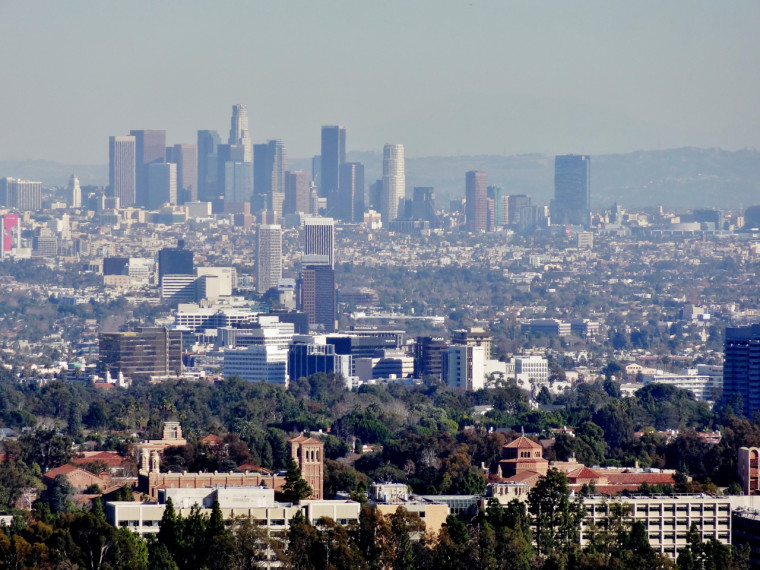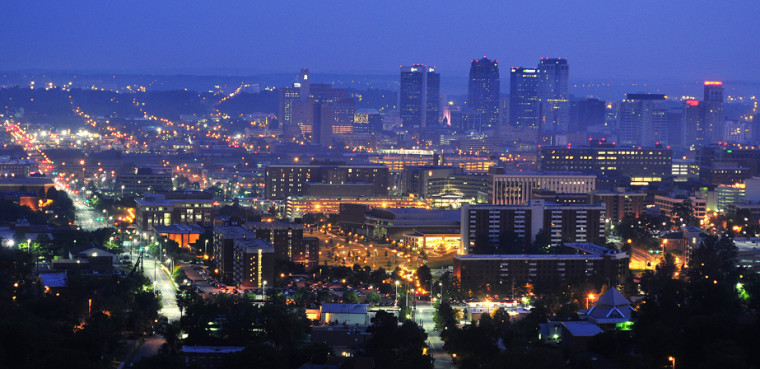Higher education can play a vital role in supporting the social and economic development of cities. As part of an ongoing research project, I have been considering the unique role of higher education serving as an anchor institution in urban development. Along with my co-author Karri Holley, we recently published a case study exploring these dynamics in more detail. The article, “The 400-Pound Gorilla”: The Role of the Research University in City Development, was recently published in Innovative Higher Education. In today’s post, I share the implications and conclusions of our case study on cities and higher education.
